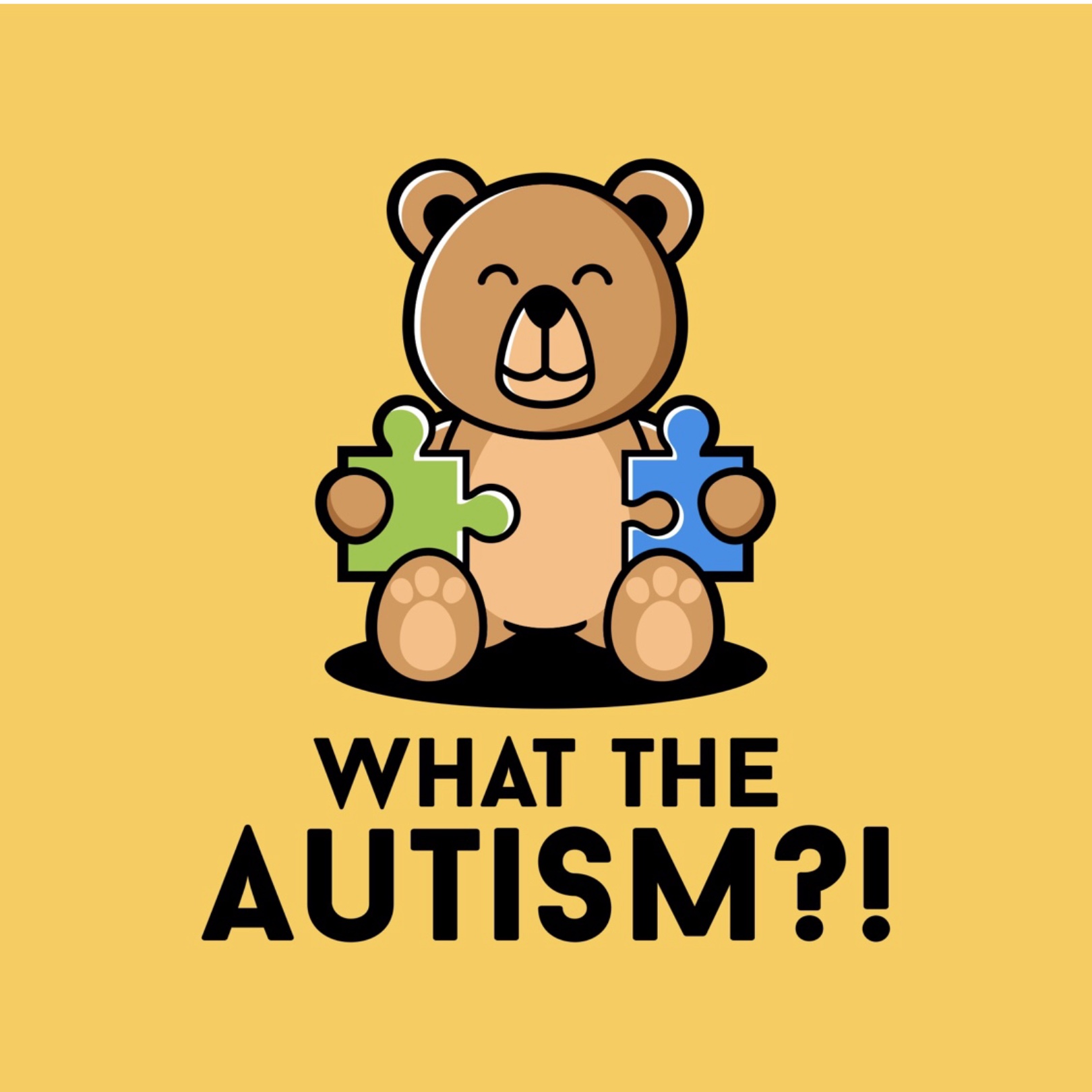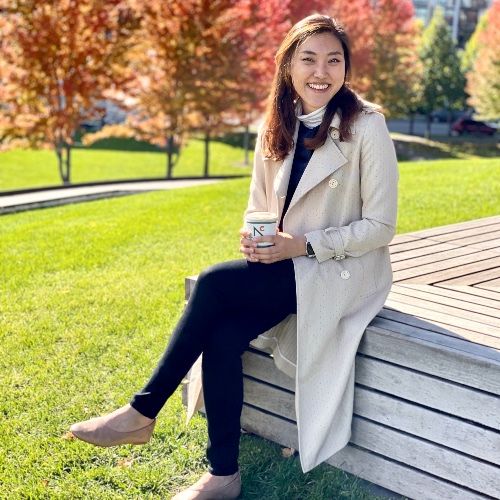Autism Isn't About Patience
Intro: Welcome back to another episode on “what the AUTISM?!” This podcast is for anyone who is struggling with understanding what autism is and how we can better empower our autism community through research proven methods. In each episode, I will be sharing with you ground-breaking research and how the diagnosis of autism can often be misunderstood. If you are a new listener to our podcast, I highly recommend you start from episode 1 to catch you up to speed on various terminology and concepts! Now let’s get started…
I want to use today’s episode as an opportunity for us to have an open dialogue with our listeners who have been impacted by the autism diagnosis. Today I’ll be sharing with you a short snippet of my experience working with children and adults diagnosed with autism and provide you with an opportunity to share yours!
Let me tell you, since 2013 when I first started working as a behavior therapist, it’s been a long journey of learning for me and the learning never ends. When you think you know everything there is to possibly learn, a new learning opportunity arises. And I think that is what’s most important in this whole conversation about autism awareness. No one expects you to know everything there is to this diagnosis. What would encourage and support this community of individuals is for the us, the community, to remain open-minded and curious to learn more about the diagnosis, so that we can help dissipate some of the discrimination towards individuals with learning disabilities.
During the last 8 years of working with children and adults with autism, the biggest feedback I’ve received from friends, relatives, random strangers is “wow! You must be really patient.” And they couldn’t be any further from the truth. I’m definitely not as patient as I would like to be. I don’t like to wait in any sort of line for more than 5 minutes. I don’t like drivers who take their time making a wide right turn instead of using their blinkers to cut closer to the curb. A new year’s resolution that I miserably fail at since birth is “being more patient.” So why and exactly how did I continue working with the autistic community? You see, working with individuals with a learning disability isn’t necessarily about patience...I’ve learned that it’s about urgency and envisioning a bigger future. Patience can only get you to a certain point before you race past your threshold and you completely burn out, and that was one of the first things I learned when I started off as a behavior therapist. Whenever I had a new bruise or a bite mark, or whenever I lost another t-shirt to an aggressive episode, patience without vision only made me exhausted and fearful heading into another day of work. So what do I mean by “urgency” and “vision?” As a BCBA, I learned that a treatment program needs to be approached with urgency. Opportunities to maximize learning are limited. When I see a 2-year old, I get a sense of urgency...urgency to teach this child everything I possibly can to get them at their developmental milestone. The window of learning opportunities only grow narrower every year, and without a sense of urgency, there is no progress. This leads me to the topic of vision. As someone who works closely with families and individuals greatly affected by the autism diagnosis, it’s extremely important that we stay focused on the goals and the bigger picture. I ask parents at the beginning of their child’s treatment to start thinking about what they would like to see their child accomplish. I’ve had parents cautiously tell me that they want to see their child go to college, but to them it feels like wishful thinking. I’ve had a dad come to me and tell me that he just want his son to be able to play a game of catch with him. There are some 16-year-old clients that have told me that they want to own their cafe or their own nail shop. I’ve also had a 17-year-old client tell me that he wanted to become a character designer at Disney. These are all amazing goals and ambitions that parents and clients come to me with. Not one goal was the same, and not one treatment program was the same either. But these dreams and ambitions that seemed so far out of reach for many of our families are what kept them going. Every tedious goal and program that the child had to learn became a stepping stone to their goal. Every meltdown and aggressive episode wasn’t just another obstacle to endure for the day and be “patient with”; it was an opportunity for the parent and the child to learn how to better communicate. From my experience, teaching children with learning disabilities isn’t about patience; it’s about urgency and envisioning something bigger for their future.
Ending: This was just one short story of my learning experience. One of many, and I’m only one of many people out there that have a voice and a perspective on the topic of autism. If you’d like to share a story or something that you learned as a teacher, as a parent, or even as an individual with autism, I’d love to hear them. You can always connect with me via email at whattheautismpodcast@gmail.com or on our Facebook page/Instagram @whattheautism. But this concludes another episode here at “What the Autism?!” We upload a new episode on your favorite podcast platform every Wednesday. Please note that this podcast has been created to discuss my personal experiences and opinions and is not a means of medical or psychological recommendations. But if you enjoyed this podcast, please make sure to follow and subscribe to our podcast channel, and I’ll see you in episode 19.

